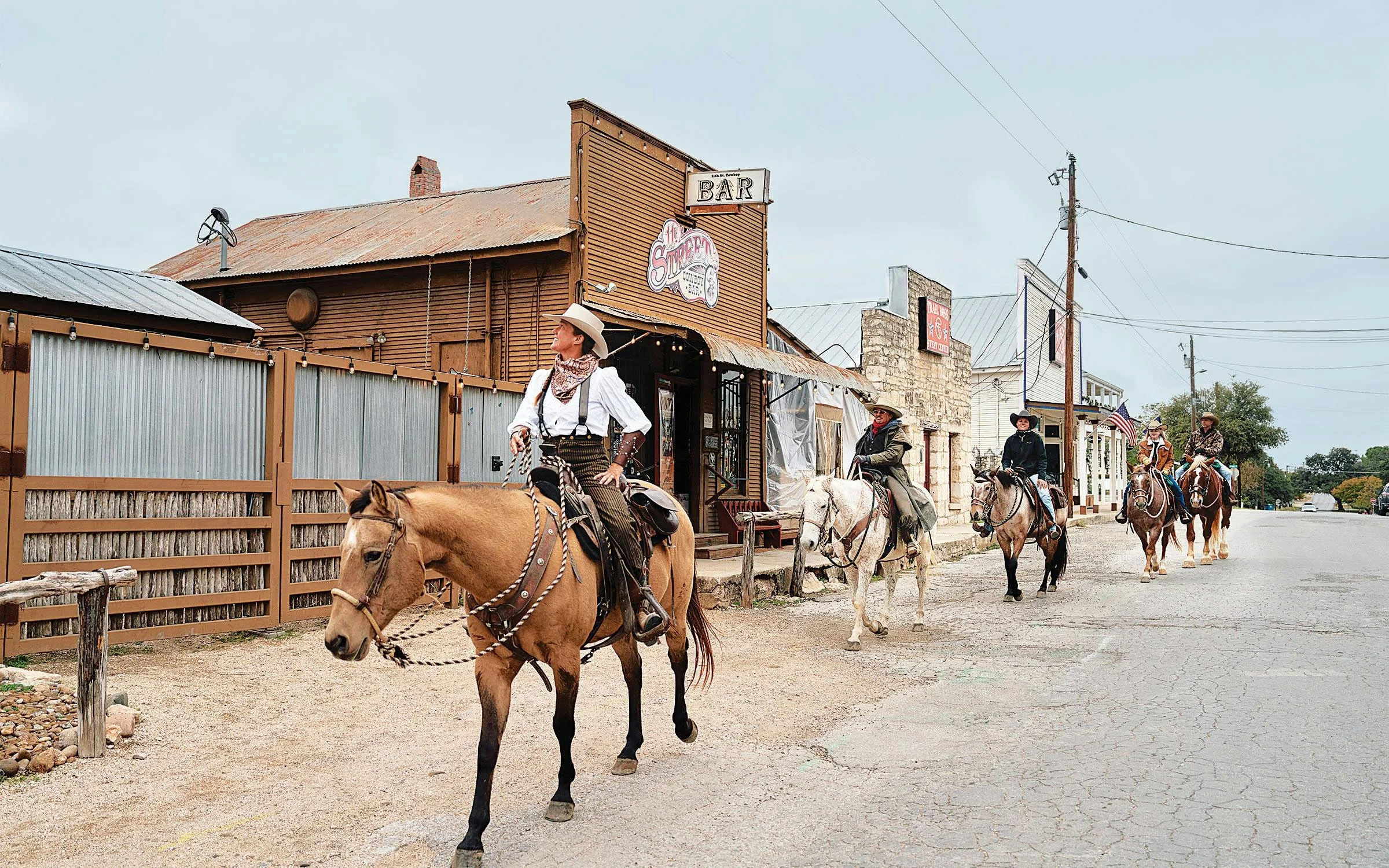How a passionate group of locals cracked Nanaimo’s stubborn parking rules—and unlocked new possibilities for housing and community.
Read MoreChicago and Denver just joined a growing list of cities including Anchorage, Minneapolis, and Austin in rethinking how city space is used, and what we pay for.
Read MoreA new ordinance removes costly parking requirements across most of Chicago, clearing the way for more affordable housing and business development.
Read MoreJeral Poskey is the founder of Swyft Cities, which is spearheading a totally new transportation system. Jeral describes the system and how it could address issues like traffic, land wasted on parking, and difficulty with infill development.
Read MoreJohn Locke’s 17th-century proviso can help us understand the tangled web of private property rights, public space, and parking rules in North America today.
Read MoreYou won’t see it on cable news, but some of the boldest zoning reforms in North America are happening in places with just a few thousand residents. Here are 6 towns rewriting the rules on parking.
Read MoreIn a game-changer for housing and small business development, Washington state eliminated or capped parking mandates statewide. Here’s how they did it.
Read MoreIn three different states, one big idea is catching on: stop forcing parking where it’s not needed, and start building places people actually want.
Read MoreSome call it watered down, others call it overreach. But there’s no denying this new Texas bill nudges housing policy in the right direction.
Read MoreHow much does parking cost? Enough to make cities rethink whether it should be mandatory at all.
Read MoreWhat do expensive rent, stalled construction projects, and endless parking lots have in common? Mandatory parking minimums. But in cities like Madison, Wisconsin, that might change soon.
Read MoreWashington just passed one of the strongest statewide parking reforms in the country—by rethinking not just the rules, but the way we talk about them.
Read MoreRelief for small businesses. A win for historic buildings. And room for more affordable housing. Dallas just scrapped a rule holding the city back since 1965.
Read MoreOn Wednesday, the Dallas City Council passed sweeping parking reforms, making it easier to open businesses and build housing in the city.
Read MoreWhile many states grapple with housing shortages and affordability issues, Montana is proactively implementing policies to address these challenges head-on.
Read MoreMost cities impose strict parking regulations, which hurt local businesses, stifle development, and drain city resources. Minnesota is considering a bill that would change that.
Read MoreThe ripple effects of outdated parking mandates are felt everywhere, making it harder to build the kind of communities people want and need. North Carolina might be about to change that.
Read MoreDenver wants to repeal parking mandates citywide. This will help the city fight the housing crisis by reducing the costs and regulatory hurdles of development.
Read MoreAcross North America, parking mandates harm businesses, residents and cities. Fortunately, a rapidly growing number of cities are questioning these requirements, inching toward reforming or even repealing them altogether. Here are some of the communities that are rethinking their approaches.
Read MoreOn January 13, 2025, the city council of Bellingham, Washington, eliminated parking mandates citywide. This decision is a key step in reducing barriers to housing development.
Read More



















